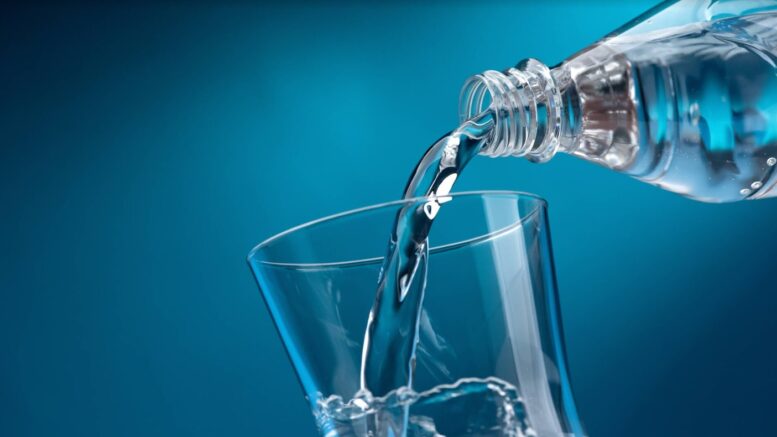Everyone knows that the human body is 80% water. Water is the main component of blood (91%), gastric juice (98%) and other fluids in the human body. Our muscles also have water (74%), in the skeleton it is about 25%, and, of course, it is present in the brain (82%). That is why the water balance in the body clearly affects the ability to remember, thinking and physical capabilities of a person. How to keep it at the required level so that there are no health problems?
When the water balance is normal, then the amount of fluid secreted by the body is adequate to the incoming volume, that is, these processes are balanced. If there is not enough water drunk, the balance will turn out to be negative, which means that the metabolism will be significantly slowed down, the blood will become thicker, which will make it difficult to distribute oxygen throughout the body in the right volume, the body temperature will rise and the pulse will increase.
Symptoms of negative water balance:
- Dry skin.
- Eruptions on the skin.
- Edema. Accumulation of water in various tissues and cavities.
- Thirst and dry mouth from lack of saliva.
- Bad breath.
- Language furnishing
- Deterioration of the brain: the manifestation of symptoms of depression, sleep disorders, attention.
- Joint pain and risk of muscle spasms.
If there is not enough fluid in the body, this entails constipation and a constant feeling of nausea.
How to normalize the water balance in the body?
Many people only drink water when they are thirsty. This is a big mistake. Thirst indicates that you already have some degree of dehydration. Even when it is very small, it still has a strong effect on the body. Remember that you should not drink a lot at breakfast, lunch and dinner, as well as immediately after meals. This will significantly reduce the concentration of gastric juice and worsen the digestive process. It is advisable to “replenish stocks” of water between meals.
How to restore the water balance in the body?
- One glass 30 minutes before breakfast, for the normal functioning of the gastrointestinal tract.
- One and a half – two glasses a couple of hours after breakfast. It may be tea at work, but as an exception, not the rule. It is better to drink plain drinking water.
- One glass 30 minutes before lunch.
- One and a half – two glasses a couple of hours after dinner.
- One glass 30 minutes before dinner.
- One glass after dinner.
- One glass before going to bed
This mode is possible in the absence of contraindications.
If such regular drinking is unusual and difficult for you, then you can try to stretch this process for the whole day in several sips.

What affects the maintenance of normal water-salt balance?
- During physical exertion, a lot of salts leave the body along with sweat, so it is better to drink water with salt, or mineral water.
- Increase the amount of water consumed if the ambient temperature is elevated.
- Also drink more water if you are in a dry room (where the batteries are very hot, or the air conditioner is on, or when you stay indoors without ventilation for a long time).
- When taking medications, consuming alcohol, caffeine, smoking, the level of water in the body also decreases. Be sure to replenish the losses with additional fluid or hydralyte.
- Water comes not only with coffee, tea and other drinks. Eat vegetables, fruits, and other foods that are high in fluid content. But remember that ordinary drinking water is the most useful!
- The body absorbs water and through the skin with a local effect. Take more showers, take a bath, swim in the pool.
- With a uniform water intake, your metabolism will improve, energy will be generated constantly during the period of activity, and you will not become so tired from work. Also, maintaining the water balance in the body will not accumulate toxins, which means that the liver and kidneys will not be overloaded. Your skin will become more elastic and elastic, with a healthy tone.
Why should you drink water?
Based on the indicators above, we can confidently say that water is the most
affordable “cure” for many diseases. It helps a person to restore energy and remove toxins. And these are not all its advantages:
1 – Reduces the risk of infectious diseases
Dehydration weakens the immune system, and as a result, we get sick more often. Water helps to strengthen the immune system and resist the virus.
2 – Serves as a “natural” lubricant for the joints
From a lack of fluid, “muscle spasms” can occur, especially when playing sports. To avoid this, you need to drink fluid before and after training.
3 – Improves the condition of skin, hair and nails
Drinking water every day has been proven to have a beneficial effect on skin cells, preventing dryness and nourishing the skin from the inside. Also, with sufficient fluid intake, the hair acquires a healthy shine, and the nails become stronger.
